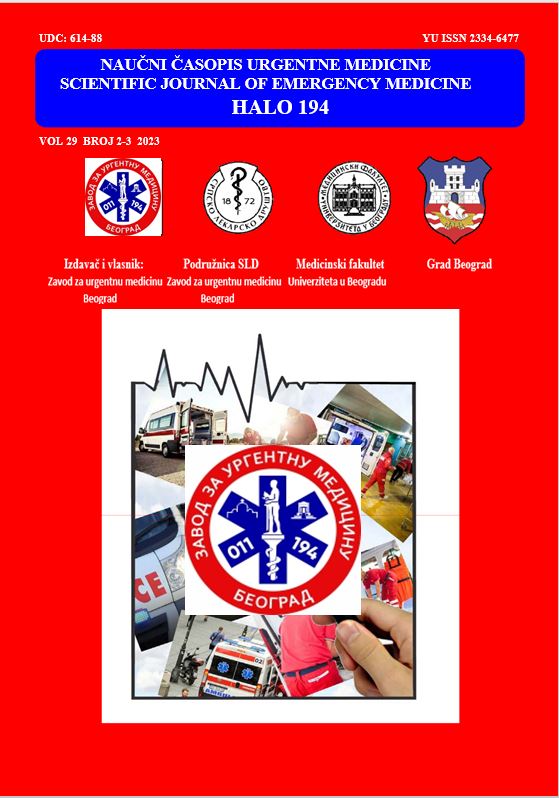A Pan India Cross Sectional Study Among Medical Students on the Therapeutic Effects of Coffee on Tension Type Headache
Abstract
Background: Tension type headache(TTH) is the most frequent type of headache, affecting approximately 1.89 billion individuals globally. It is characterised by dull, agonising head discomfort, a sensation of tightness across the head, and tenderness in the scalp, neck, and shoulder. The major goal of this study is to assess the relationship between TTH and coffee consumption among medical students. This study also intends to inquire about medical students' daily coffee consumption form and amount, as well as their preference for coffee over other pharmacological treatments in headache relief.
Method: - Between August 31,2023 and September 21,2023, a Pan-India cross-sectional analysis was carried out across several medical colleges in India. A self-administered questionnaire was utilised to collect data using web-based links.
Result: 80% of students experienced headache in day to day life and 51.82% of students used coffee to relive their headache. Prevalence of TTH in coffee users is 13.06%. Prevalence of TTH in non - coffee users was 12%.
Conclusions: Based on these findings, we were not able to find any therapeutic effect of coffee on Tension type headache (TTH). In fact, the prevalence of TTH headache was found to be marginally higher in coffee consumers.
Keywords: tension - type headache, coffee, medical students, headache
- Autori zadržavaju autorska prava i pružaju časopisu pravo prvog objavljivanja rada i licenciraju ga "Creative Commons Attribution licencom" koja omogućava drugima da dele rad, uz uslov navođenja autorstva i izvornog objavljivanja u ovom časopisu.
- Autori mogu izraditi zasebne, ugovorne aranžmane za neekskluzivnu distribuciju članka objavljenog u časopisu (npr. postavljanje u institucionalni repozitorijum ili objavljivanje u knjizi), uz navođenje da je članak izvorno objavljen u ovom časopisu.
- Autorima je dozvoljeno i podstiču se da postave objavljeni članak onlajn (npr. u institucionalni repozitorijum ili na svoju internet stranicu) pre ili tokom postupka prijave rukopisa, s obzirom da takav postupak može voditi produktivnoj razmeni ideja i ranijoj i većoj citiranosti objavljenog članka (Vidi Efekti otvorenog pristupa).

